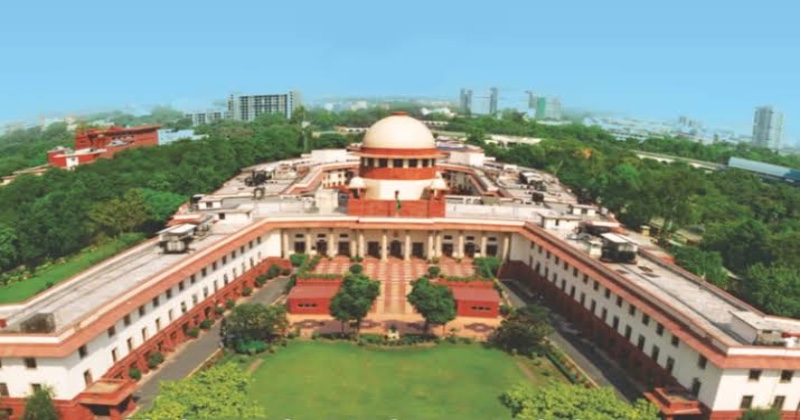
In a recent development, the Supreme Court of India declined to entertain a petition that sought to compel the Central government to take measures against fraudulent religious conversions across the country. The bench, led by Chief Justice D Y Chandrachud along with justices J B Pardiwala and Manoj Misra, expressed reservations about the court’s involvement in such matters. They questioned the suitability of issuing a writ of mandamus to the government in this context. The petitioner, Jerome Anto, represented by a lawyer from Karnataka, argued that Hindus and minorities were being unlawfully targeted and converted. However, the bench dismissed the PIL, emphasizing that it would consider such cases only if there were concrete instances of persecution.
The PIL, filed by lawyer Bharti Tyagi, named both the Central government and all states as respondents and sought direction from the Supreme Court to address religious conversions deemed fraudulent. It contended that such conversions, whether through intimidation, deception, or monetary incentives, violated fundamental constitutional principles, including the right to equality (Article 14), protection of life and personal liberty (Article 21), and freedom to practice and propagate religion (Article 25). The petition further urged the Court to instruct the government at both the national and state levels to take stringent actions to prevent these conversions. Alternatively, it proposed that the Law Commission of India be directed to draft a report and a bill to regulate “Deceitful Religious Conversion” within three months, aligning with the spirit of Articles 14, 21, and 25.
In summary, the Supreme Court declined to intervene in a petition seeking government action against fraudulent religious conversions, emphasizing the need for concrete evidence of persecution. The PIL argued that such conversions violated key constitutional articles and proposed either government action or the involvement of the Law Commission to address the issue.

Post Your Comments